Samaaro + Your CRM: Zero Integration Fee for Annual Sign-Ups Until 30 June, 2025
- 00Days
- 00Hrs
- 00Min
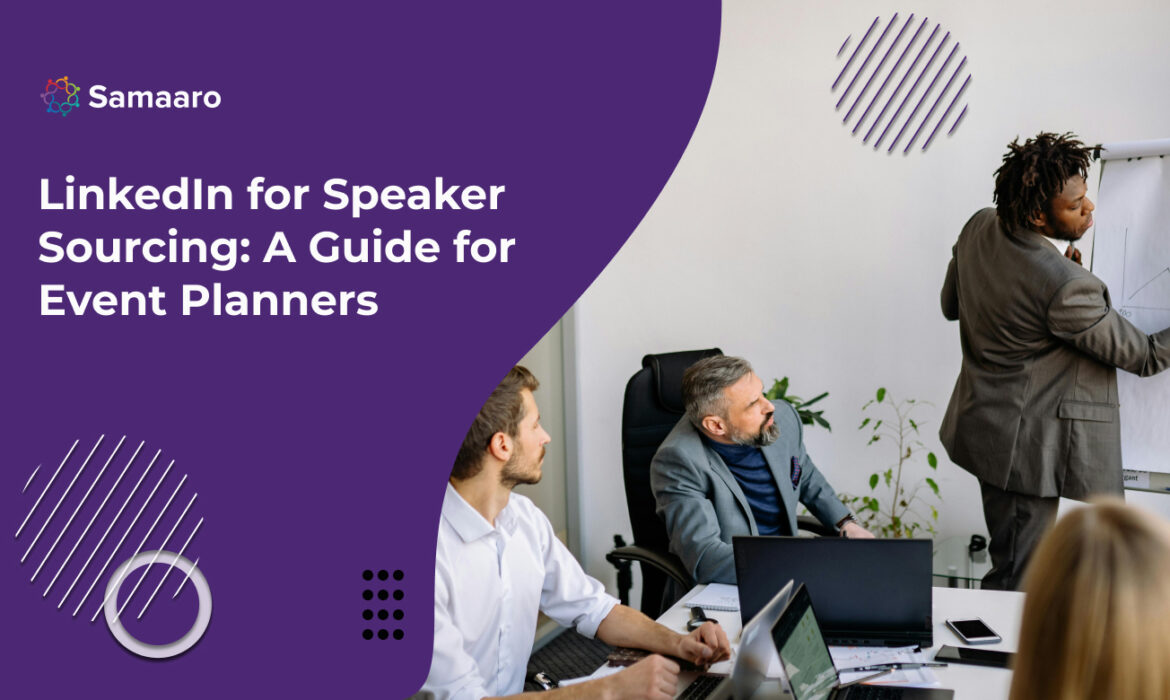
In the world of event planning, securing the right speakers can be the cornerstone of your event’s success. Great speakers not only captivate your audience but also elevate the reputation of your event, making it memorable for years to come. But where do you find these industry leaders, thought-provoking experts, or inspiring storytellers?
Enter LinkedIn—the ultimate networking platform that doubles as a powerful tool for speaker sourcing. With over 900 million users from diverse industries, LinkedIn offers a treasure trove of potential speakers who can align perfectly with your event’s goals.
Here’s how you can leverage LinkedIn to find and secure top-tier speakers for your events.
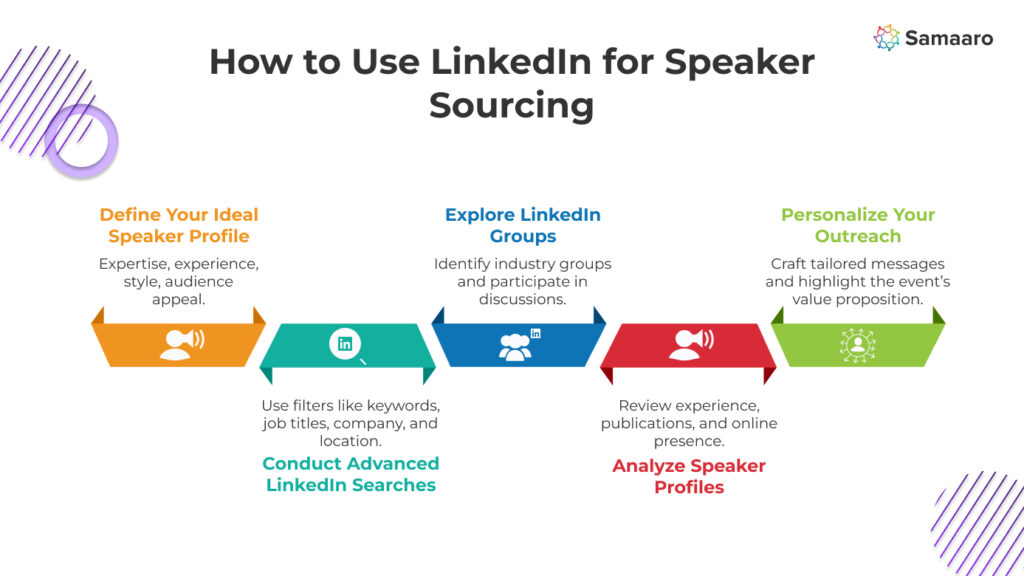
Before diving into LinkedIn’s vast network, it’s essential to define the kind of speaker you’re looking for.
For example, if your event is about AI in marketing, you might look for a seasoned AI professional who has experience delivering case studies or industry trends in an engaging way.
LinkedIn’s search functionality is a game-changer when it comes to finding specific profiles.
“Data Scientist” AND “Conference Speaker” AND “Marketing” AND “Location: [City/Region]”
These targeted searches will help you uncover profiles of professionals who are not only experts in their field but also have a history of speaking at similar events.
LinkedIn groups are a goldmine for identifying potential speakers.
Once you identify potential speakers, delve deeper into their LinkedIn profiles.
This analysis will help you evaluate whether they’re a good fit for your event and capable of captivating your audience.
Reaching out to potential speakers requires a thoughtful approach.
Example Outreach Message:
Hi [Name],
I’ve been following your work on [specific topic/industry], and I’m impressed by your insights on [specific detail]. I’m organizing [Event Name], focused on [theme], and believe your expertise would add incredible value to our audience.
We would be honored to have you speak on [specific topic]. The event will take place on [date] in [location], with an expected audience of [size/type].
Please let me know if you’d be open to discussing this further—I’d love to explore how we can collaborate!
Warm regards,
[Your Name]
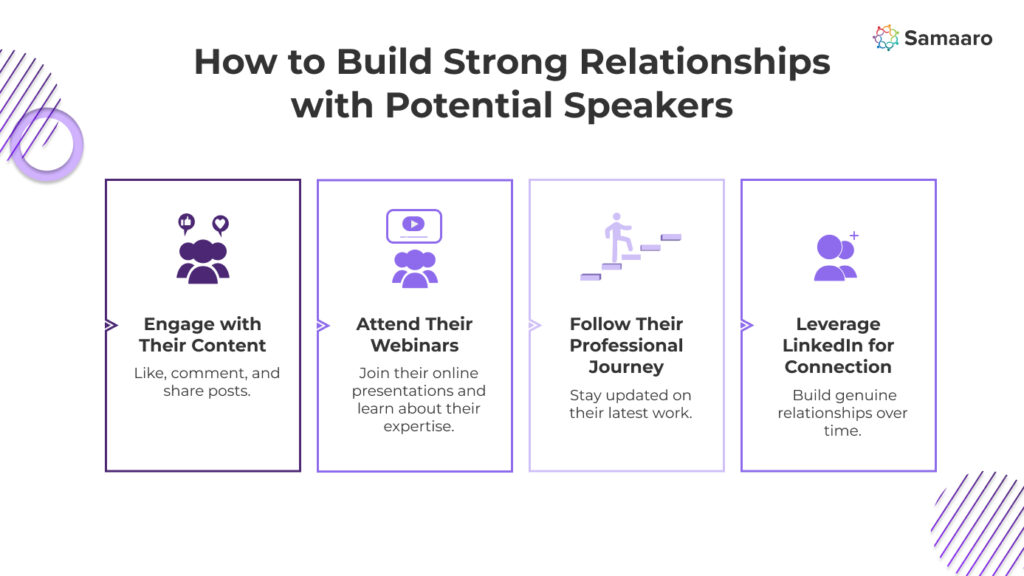
Successful speaker sourcing goes beyond just outreach; it’s about building genuine relationships.
By fostering a relationship, you not only increase the likelihood of securing them as a speaker but also build a lasting professional connection.
Securing top-tier speakers for your event requires more than just sending out invitations—it’s about crafting a strategic and respectful outreach process that sets the tone for a professional relationship. Here are some detailed tips to ensure your speaker outreach campaign is successful:
Finding the right speakers can take time, and not every outreach attempt will receive an immediate response. Here’s how to balance patience with persistence:
Example Follow-Up Message:
“Hi [Name], I hope this message finds you well. I wanted to follow up on my earlier email about [Event Name]. We would be honored to have you speak at our event, and I’m happy to answer any questions or discuss details further. Let me know if there’s a good time to connect!”
Every interaction with potential speakers should reflect your professionalism and respect for their time and expertise. Consider these best practices:
Example Initial Outreach Message:
“Hi [Name], I’m [Your Name], [Your Role] at [Your Organization]. We’re organizing [Event Name] on [Date], which focuses on [Theme/Topic]. Given your expertise in [Field], we believe you’d be a perfect fit to inspire our audience of [Description of Attendees]. We’d love to discuss this opportunity further and hear your thoughts. Please let me know if you’d be interested in exploring this!”
Efficient tracking of your outreach efforts helps you stay organized and ensures no potential speaker is overlooked. Here’s how to set up a system:
Example Spreadsheet Columns:
Speakers, especially established ones, may have specific preferences or requirements. Being flexible in your approach can help build trust and encourage them to work with you. Consider the following:
Example Flexibility Message:
“We’re happy to work around your availability and discuss how we can make this opportunity mutually beneficial. Please let us know if there are specific session formats or topics you’re passionate about, and we’ll tailor the event accordingly.”
Speakers are more likely to accept an invitation if they understand the value of participating in your event. Clearly articulate what’s in it for them:
Example Value Proposition Message:
“Our event attracts [number] attendees, including [specific audience demographics, such as industry leaders or decision-makers]. This is a great opportunity to share your expertise and connect with like-minded professionals. We’d also be happy to provide professional recordings of your session for your use.”
By following these tips, you can create an outreach campaign that is professional, strategic, and speaker-friendly. The right approach not only helps you secure top speakers but also builds lasting relationships that can benefit future events.
LinkedIn is a treasure trove of opportunities for event planners, offering access to a global network of professionals and thought leaders. By defining your ideal speaker profile, leveraging advanced search techniques, and engaging meaningfully with potential speakers, you can secure impactful speakers who elevate your event.
Ready to take your speaker sourcing to the next level? Platforms like Samaaro can help streamline the process, from personalized outreach to managing speaker relationships. Book a demo or start your free trial to see how we can support your event planning journey!

Built for modern marketing teams, Samaaro’s AI-powered event-tech platform helps you run events more efficiently, reduce manual work, engage attendees, capture qualified leads and gain real-time visibility into your events’ performance.
Location
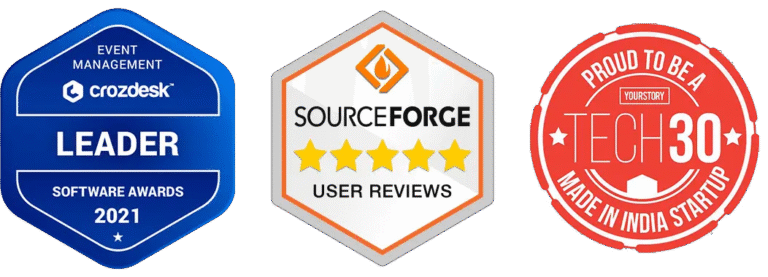
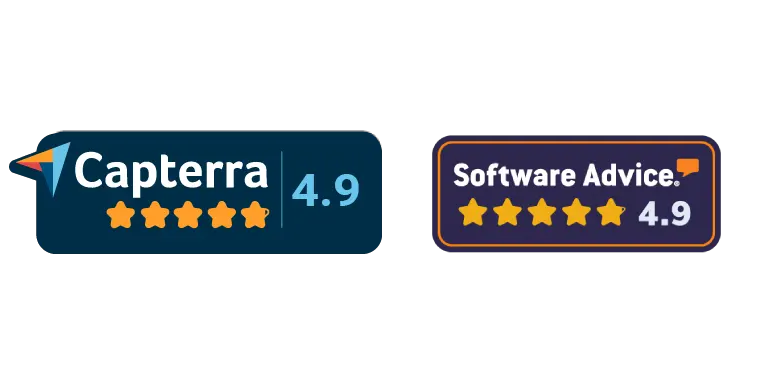
© 2026 — Samaaro. All Rights Reserved.